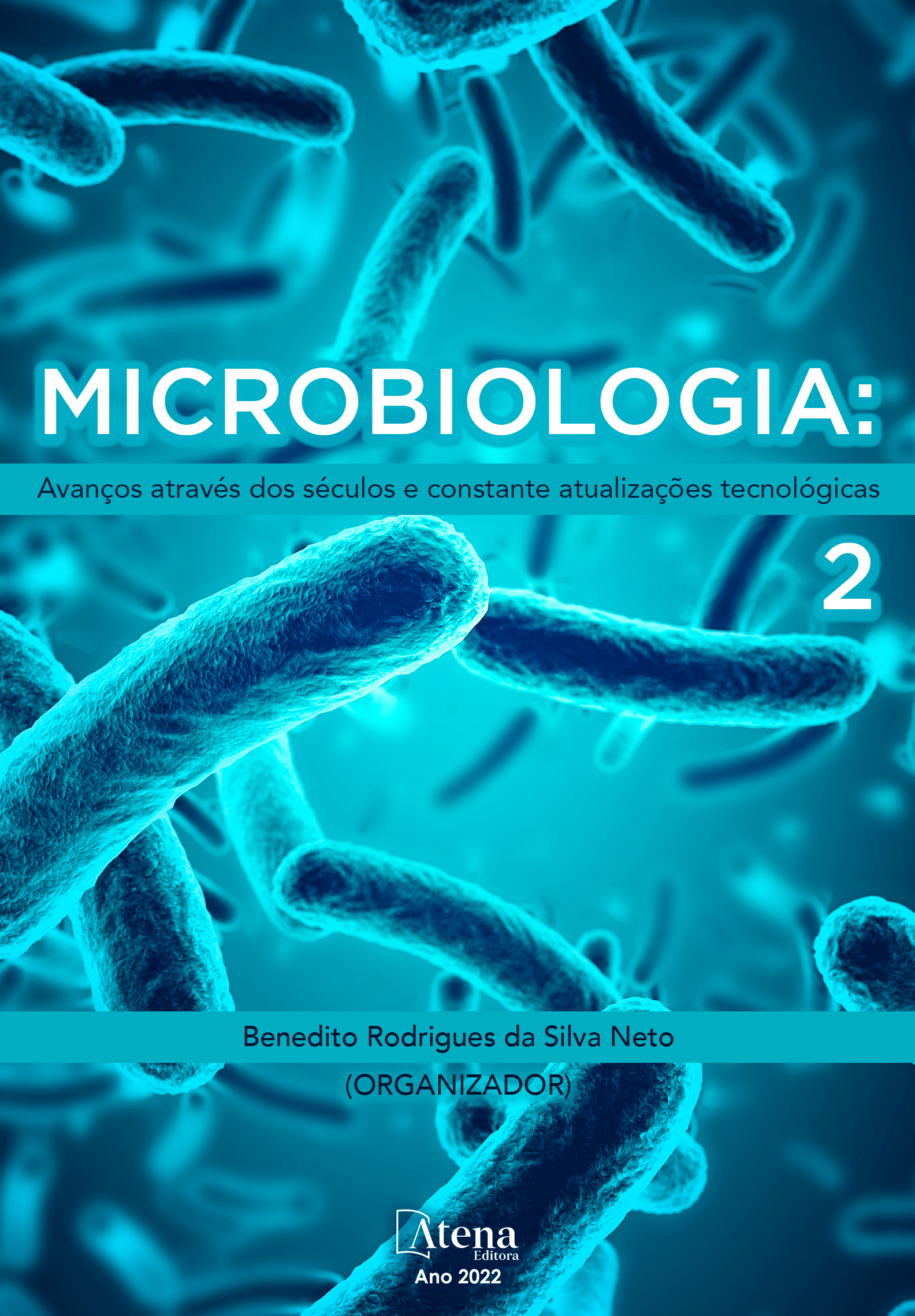
DETECÇÃO VIRAL AMBIENTAL EM ÁGUAS NO BRASIL: revisão sistemática da literatura
A água é um elemento vital não só à natureza, mas em todas as atividades
desenvolvidas pelo homem. Considerando o impacto que a água não tratada
representa para a saúde pública, sendo ela um veículo de transmissão de
doenças, torna-se de fundamental importância à investigação desses agentes
virais, permitindo avaliar tanto a qualidade da água bem como as cepas
circulantes dos vírus de disseminação entérica. Desta forma, este artigo
objetivou identificar os tipos de vírus encontrados em análises de água
ambiental de diferentes localidades do Brasil, realizando uma revisão
sistemática descritiva da literatura. Foram incluídos no estudo artigos
publicados entre os anos 2007 e 2017, nos idiomas português e inglês,
disponíveis nas bases de dados SciELO, MEDLINE, LILACS, BVS – BIREME
e PUBMED e obtidos empregando o descritor “viral detection in water
samples”. Foram encontrados 2.105 artigos, dos quais 17 foram selecionados
para o estudo e após análise obteve-se 10 tipos virais (Adenovírus,
Astrovírus, Enterovírus, Norovírus, Polyomavírus Rotavírus, Sapovírus,
Torque teno vírus, Vírus Gemicircular e Vírus da hepatite A) em diferentes
matrizes de água (água do mar, fontes de água potável, água superficial
[lagoa e lagoa salobre], águas residuais urbanas e tratados de esgoto). O
adenovírus foi abordado em 27% (9∕17) dos artigos científicos, seguido do
rotavirus em 24% (8∕17) e norovirus com 18% (6∕17) das publicações. Os
métodos quantitativos de PCR (Reação em Cadeia da Polimerase) fazem a
detecção dos vírus, com resultados fidedignos. As publicações acerca do
tema refletem que à falta de informação sobre vírus entéricos, onde eles
representam uma ameaça para a saúde humana.
DETECÇÃO VIRAL AMBIENTAL EM ÁGUAS NO BRASIL: revisão sistemática da literatura
-
DOI: 10.22533/at.ed.9512211085
-
Palavras-chave: Gastroenterites, Água ambiental, Vírus na água.
-
Keywords: Gastroenteritis, Environmental water, Virus in water.
-
Abstract:
Water is a vital element not only to nature, but to all activities developed by
man. Considering the impact that untreated water represents for public health,
being a vehicle for the transmission of diseases, it is of fundamental importance
to investigate these viral agents, allowing to evaluate both the quality of the
water as well as the circulating strains of the virus. enteric dissemination. In this
way, this article aimed to identify the types of viruses found in environmental
water analyzes from different Brazilian locations, performing a descriptive
systematic review of the literature. The study included articles published
between 2007 and 2017, in the Portuguese and English languages, available in
the SciELO, MEDLINE, LILACS, BVS - BIREME and PUBMED databases and
obtained using the descriptor "viral detection in water samples". A total of 2,105
articles were found, of which 17 were selected for the study and 10 virus types
(Adenovirus, Astrovirus, Enterovirus, Norovirus, Polyomavirus Rotavirus,
Sapovirus, Torque teno virus, Gemicircular virus and Hepatitis A virus) were
found in different water sources (sea water, sources of drinking water, surface
water [lagoon and brackish lagoon], urban waste water and sewage treatment).
Adenovirus was approached in 27% (9/17) of the scientific articles, followed by
rotavirus in 24% (8/17) and norovirus with 18% (6/17) of the publications.
Quantitative PCR (Polymerase Chain Reaction) methods detect viruses with
reliable results. The publications on the subject reflect the lack of information on
enteric viruses where they pose a threat to human health. -
Número de páginas: 14
- Sylvia de Fátima dos Santos Guerra
- Andrea Carvalho da Cruz


